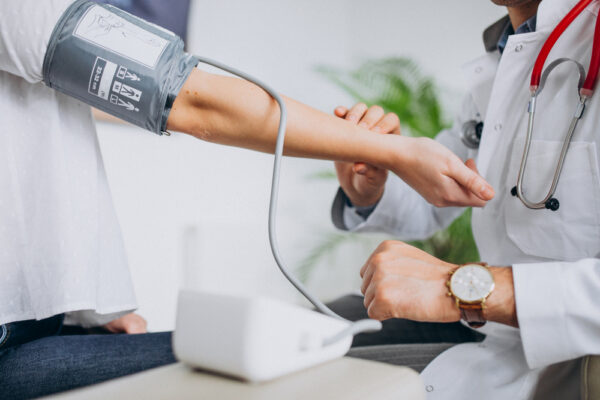Early symptoms of diabetes and when to see a doctor
Diabetes is a chronic condition that affects millions of people all around the world. Early detection is crucial in managing the disease effectively and preventing complications. Recognizing the early symptoms of diabetes and knowing when to see a doctor can make a significant difference in your health outcomes. In this blog, we will discuss the most common early symptoms of diabetes, the importance of early diagnosis, and when to seek medical advice.
Common Early Symptoms of Diabetes
- Increased Thirst and Urination: One of the earliest signs of diabetes is increased thirst (polydipsia) and frequent urination (polyuria). This happens because excess glucose in the blood leads to increased urination, which in turn causes dehydration and increased thirst.
- Unexplained Weight Loss: Unexpected weight loss can be an early sign of diabetes. When the body cannot use glucose for energy, it starts to burn fat and muscle instead, leading to weight loss.
- Fatigue: Feeling excessively tired is another common symptom of diabetes. This fatigue is due to the body’s inability to use glucose for energy effectively.
- Blurred Vision: High blood sugar levels can cause the lenses in the eyes to swell, leading to blurred vision. This symptom can fluctuate with blood sugar levels.
- Slow Healing of Cuts and Wounds: Diabetes can impair the body’s ability to heal wounds quickly. High glucose levels can affect circulation and nerve function, slowing down the healing process.
- Frequent Infections: People with diabetes are more prone to infections, particularly of the skin, gums, and urinary tract. High blood sugar levels can weaken the immune system.
- Tingling or Numbness in Hands or Feet: Nerve damage caused by diabetes (diabetic neuropathy) can lead to tingling, numbness, or pain in the hands and feet.
Importance of Early Diagnosis
Early diagnosis and treatment of diabetes are crucial in preventing complications such as heart disease, kidney damage, nerve damage, and vision problems. Managing blood sugar levels through diet, exercise, and medication can help prevent these complications and improve quality of life.
When to See a Doctor
If you experience any of the symptoms mentioned above, it is essential to consult a healthcare provider. Here are some specific situations when you should see a doctor:
Persistent Symptoms: If you have persistent symptoms of diabetes, such as increased thirst, frequent urination, or unexplained weight loss, schedule an appointment with your doctor.
High-Risk Factors: If you have risk factors for diabetes, such as a family history of the disease, obesity, or a sedentary lifestyle, consider getting screened regularly.
Routine Check-ups: Regular check-ups are important, especially if you have prediabetes or other risk factors. Early detection through routine blood tests can catch diabetes before symptoms appear.
Conclusion
Recognizing the early symptoms of diabetes and knowing when to seek medical advice can significantly impact your health. If you experience symptoms like increased thirst, frequent urination, unexplained weight loss, fatigue, blurred vision, slow healing of cuts and wounds, frequent infections, or tingling and numbness in your hands or feet, it’s essential to consult a healthcare provider. Early diagnosis and proper management can help you lead a healthier life and prevent complications.
For more detailed information on diabetes management and to consult with healthcare professionals, visit www.canadapharmahub.com.





